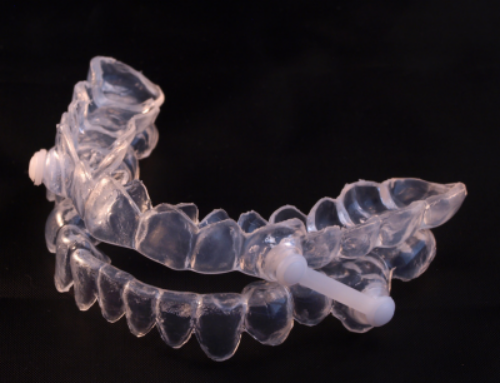 At Virginia Sleep & TMJ Therapy, we delve into the intricate relationship between sleep quality and temporomandibular joint (TMJ) disorders. We understand the profound impact that sleep quality can have on overall health, particularly its connection to TMJ disorders. In this post, we’ll explore how the quality of your sleep can influence TMJ health and vice versa, providing insights into achieving optimal well-being.
At Virginia Sleep & TMJ Therapy, we delve into the intricate relationship between sleep quality and temporomandibular joint (TMJ) disorders. We understand the profound impact that sleep quality can have on overall health, particularly its connection to TMJ disorders. In this post, we’ll explore how the quality of your sleep can influence TMJ health and vice versa, providing insights into achieving optimal well-being.
Understanding TMJ Disorders
The temporomandibular joint (TMJ) is a complex joint that connects the jawbone to the skull, facilitating essential functions like chewing, speaking and yawning. TMJ disorders encompass a range of conditions that affect the jaw joint and surrounding muscles, often causing symptoms such as jaw pain, clicking or popping sounds, headaches and difficulty opening or closing the mouth.
The Sleep-TMJ Connection
Research has shown a significant correlation between sleep quality and TMJ disorders. Poor sleep habits, such as inadequate sleep duration or disrupted sleep patterns, can exacerbate TMJ symptoms and contribute to the development of these disorders. Conversely, TMJ-related pain and discomfort can disrupt sleep, leading to further sleep disturbances and creating a cycle of worsening symptoms.
Common Sleep Issues Associated with TMJ Disorders
Several sleep-related problems are frequently observed in individuals with TMJ disorders, including:
- Bruxism (teeth grinding or clenching during sleep): Bruxism is a common symptom of TMJ disorders and can lead to tooth wear, jaw pain and headaches.
- Sleep disturbances: TMJ-related pain and discomfort can interfere with sleep onset, duration and quality, resulting in insomnia or fragmented sleep.
- Sleep apnea: TMJ abnormalities, such as jaw misalignment or airway obstruction, may contribute to sleep apnea, a serious sleep disorder characterized by pauses in breathing during sleep.
Tips for Improving Sleep and TMJ Health
To promote optimal sleep quality and alleviate TMJ-related symptoms, consider implementing the following strategies:
- Practice good sleep hygiene: Maintain a consistent sleep schedule, create a relaxing bedtime routine and optimize your sleep environment for comfort and tranquility.
- Manage stress: Stress can exacerbate TMJ symptoms and disrupt sleep. Integrate stress-relieving practices such as meditation, deep breathing exercises, or yoga into your daily regimen.
- Use oral appliances: Customized oral appliances, such as mouthguards or splints, can help alleviate TMJ-related pain and prevent teeth grinding during sleep.
- Seek professional help: Consult with a qualified healthcare provider, such as a dentist specializing in TMJ therapy or a sleep medicine specialist, to receive personalized treatment and management options tailored to your needs.
Request Your Appointment Today
At Virginia Sleep & TMJ Therapy, we are committed to helping you achieve optimal sleep and TMJ health. Whether you’re struggling with TMJ-related symptoms or sleep disturbances, our experienced team is here to provide compassionate care and effective solutions to improve your quality of life. Request your appointment today!




